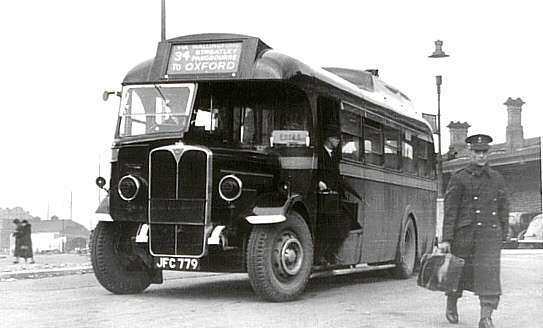Information provided by the OLHA (www.olha.org.uk)
13th – Chipping Norton – Liz Woolley “How the Coming of the Railway Changed Oxford”. Methodist Church, West Street, 7:30pm.
14th – Didcot – Jane Card “Political Cartoons”. Northbourne Centre, Church Street, 7:30pm.
15th – Finstock – Society meeting: The Village Hall is Dead, Long Live the Village Hall. Village Hall, 8:00 pm.
18th – Adderbury – Eric Sidebottom “Oxford Medicine – a Walk Through Nine Centuries”. Methodist Chapel, Chapel Lane, 7:30pm.
18th – Bicester – Mark Davies “Oxford’s Historic Waterways”. Clifton Centre, Ashdene Road, 7:30pm.
18th – Kennington – Victoria Bentata “Oxford and the History of Medicine”. Methodist Church, Upper Road, 7:45pm.
18th –Oxfordshire Family History Society – Rebecca Probert “Sex, Illegitimacy and Cohabitation 1700-1960s”. Exeter Hall, Oxford Road, Kidlington, 8:00pm.
19th – Cowley – Tony Hadland “William Gill – Victorian Explorer and Spy”. Temple Cowley United Reformed Church, Temple Road, 8:00pm.
19th – Enstone – Munro Price “Napoleon, the End of Glory?”. Venue tbc (contact 01608 677246, carolawt@gmail.com), 7:30pm.
19th – Iffley – Julie Summers “Jambusters – The WI in the Second World War”. Church Hall, Church Way, 7:30pm.
19th – Sutton Courtenay – Richard O Smith “Eccentric Oxford: A History of Mischief & Mayhem.” All Saints’ Church, 7:30pm.
20th – Bloxham – Stephen Wass “Voyages to the House of Diversion: Hanwell Castle, its Jacobean Park and the Birth of Modern Science”. Jubilee Hall, off Brickle Lane, 7:30pm.
20th – Clanfield & Bampton – Julie Ann Godson “The Water Gypsy: How a Thames Fishergirl Became a Viscountess”. Bampton Village Hall, 7:30pm.
20th – Littlemore – David Radford “The Work of the City Archaeologist”. Littlemore Community Centre, Giles Road, 7:00 for 7:30pm.
21st – Abingdon – The annual Lambrick lecture: John Blair “Early Abingdon in Context: Monasticism, Wealth and Urban Growth in Late Anglo-Saxon England”. Northcourt Centre, Northcourt Road, 7:45 pm.
21st – Aldworth – Ian Mortimer “Medieval Horizons”. St Mary’s Church, 7:30pm. Tickets £15 on the door, £10 in advance from christopherjpaterson@btinternet.com. All proceeds to the St Mary’s Fabric Fund.
21st – Sibfords – Philip Jarvis “The Gloucester and Warwick Railway”. Village Hall, Sibford Gower, 8:00pm.
21st– Wychwoods – Hannah Jones “The Journals of QuakerWilliam Jones of Charlbury”. Milton-under-Wychwood Village Hall, 7:30pm.
26th – Kidlington – Gillian White “Bess of Hardwick”. St John Ambulance Hall, High Street, 7:50pm.
27th – Dorchester – Keith Johnson “The Ewelme Almshouses”. Village Hall, 7:30pm.

